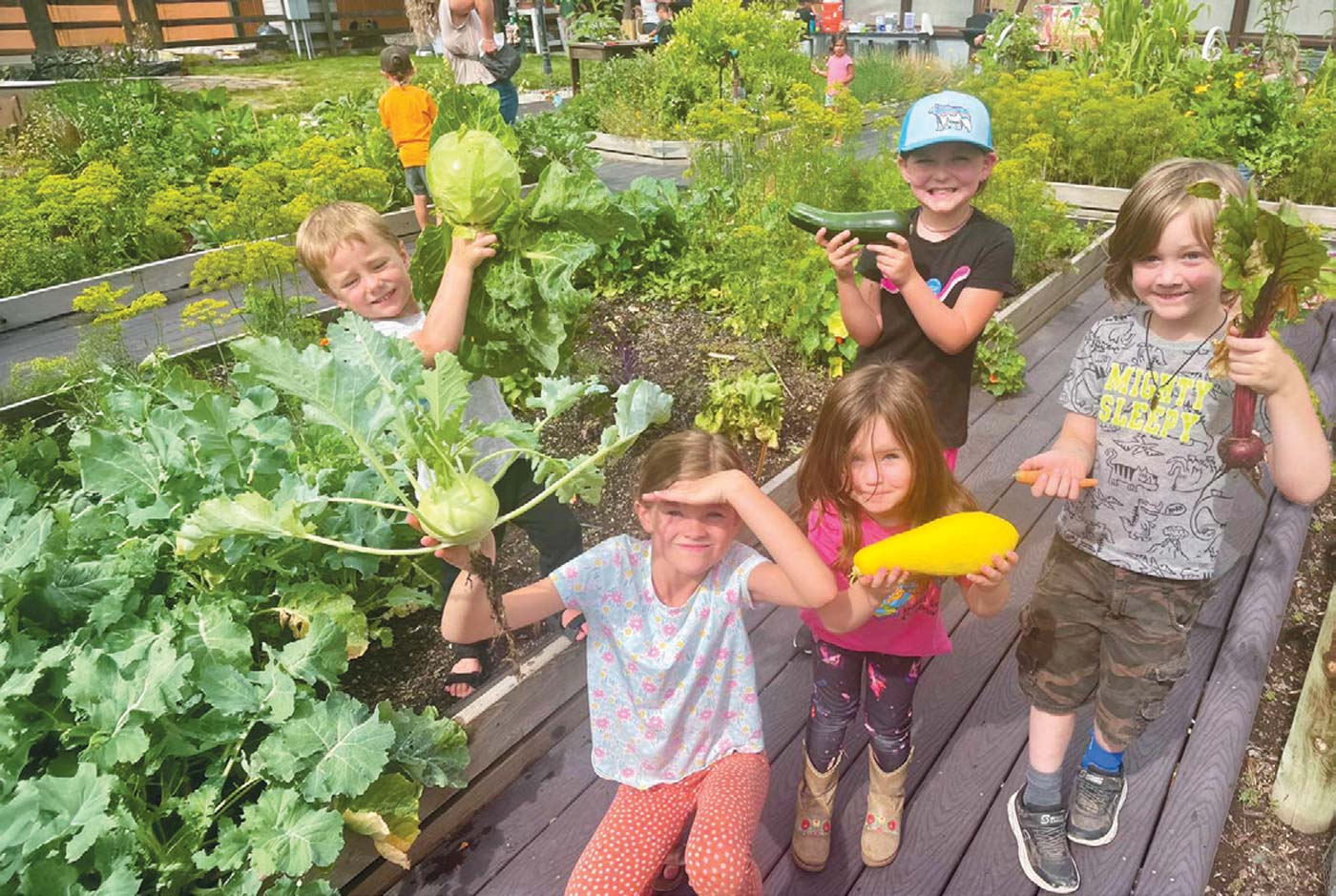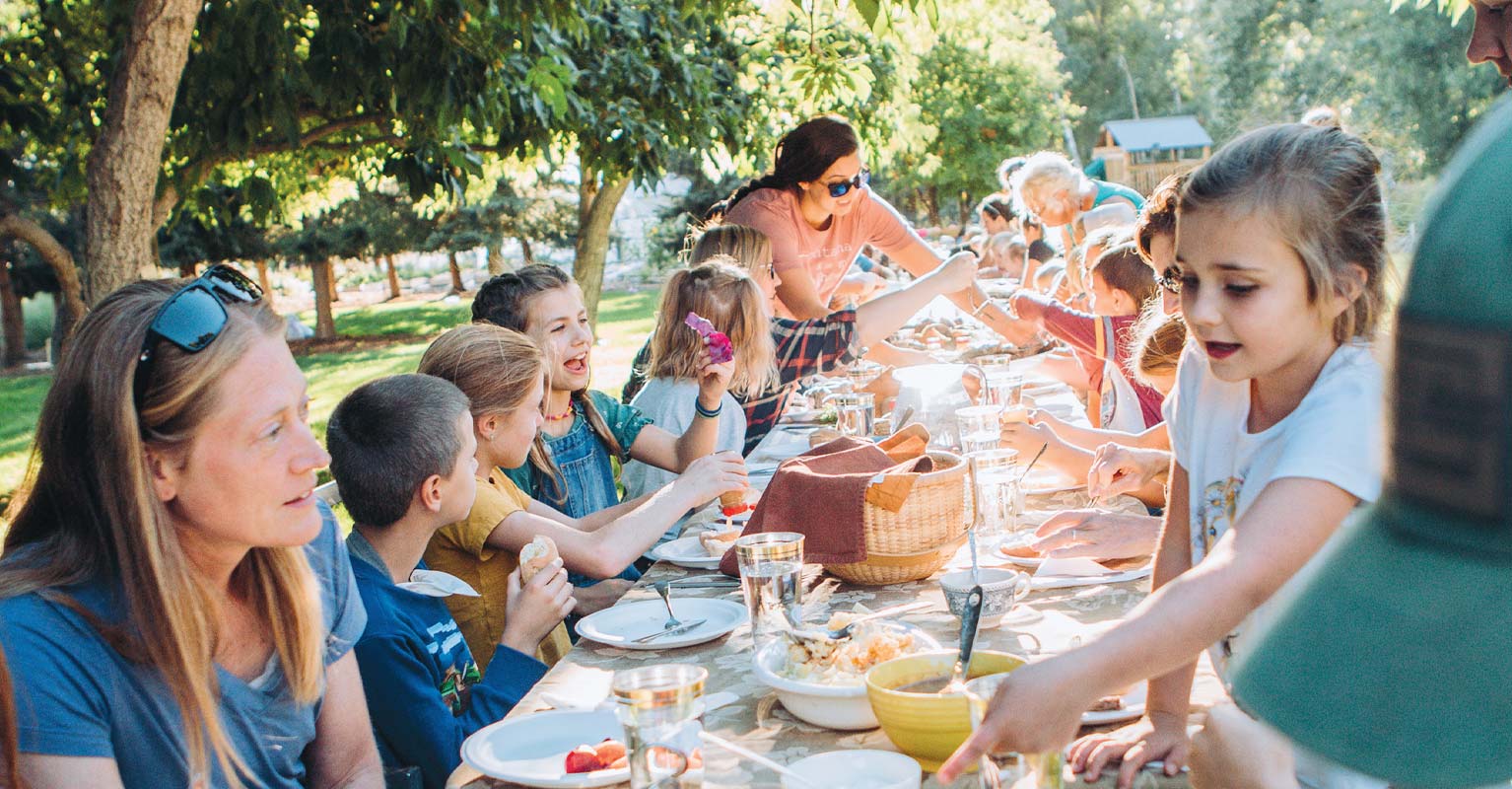The United States Department of Agriculture has documented the growth of local food systems for almost two decades, and many of us surely recognize the increased presence of local foods on restaurant menus, at grocers, and even in our communities’ schools. While the movement was often led by entrepreneurial vegetable growers, livestock and poultry producers also have answered consumer demand by growing animals for local and regional marketing and processing.
Local food production can play an important role in a resilient and diversified agrifood economy. A functioning local food system, including meat production, can provide entry points for new and beginning farmers and ranchers, as well as producers from historically underrepresented populations. Additionally, producers can diversify production, serving multiple markets and creating opportunities for inter-generational diversification on family farms and ranches.
For many populations, local foods are not just a personal preference. If not for local food, communities at the end of conventional supply chains would have much less access to fresh and minimally processed food. Indigenous communities across the continent are working to break away from pervasively unjust food policy and histories. Local food production, including meat, is part of achieving food sovereignty goals and supports culturally appropriate education around whole-animal harvest and traditional uses.
Getting local foods to market and onto consumers’ plates is not easy. Local food systems—and meat supply chains in particular—are complex. Farmers and ranchers in this sector must manage their own production, as well as value-adding and marketing steps with a number of independent supply chain partners. Each step along the way has its own challenges and costs, in addition to the time and effort of overall coordination.
In an attempt to address challenges and promote coordination, a group of collaborators in Colorado, Montana, and neighboring states founded the Mountain Meat Summit. The summit is geared toward individuals and businesses that engage with meat supply chains in the Mountain West including farmers, ranchers, processors, wholesale buyers, retailers, chefs, institutions, educators, and not-for-profit enterprises. Colorado State University hosted the inaugural summit in 2023 with over 150 attendees. Lauded were the technical sessions, but also the ample time for networking and discussions among peers throughout the supply chain.
In May 2024 the summit will come to Bozeman to provide educational tours, technical presentations, and consulting opportunities, while also facilitating business-to-business relationships and problem solving across the supply chain. While not a consumer-oriented conference, businesses and allied assistance organizations will work together on ways to strengthen our local and regional meat supply chains, while expanding consumer access to local meat.
The 2024 summit is supported by MSU Extension, USDA, Farm Credit, Montana Beef Council, Reiser Equipment, Northwest and Rocky Mountain Regional Food Business Center, Montana Food and Ag Development Center Network, Western Sustainability Exchange, Barney Creek Livestock, Rawhide Meats, and other partners.




